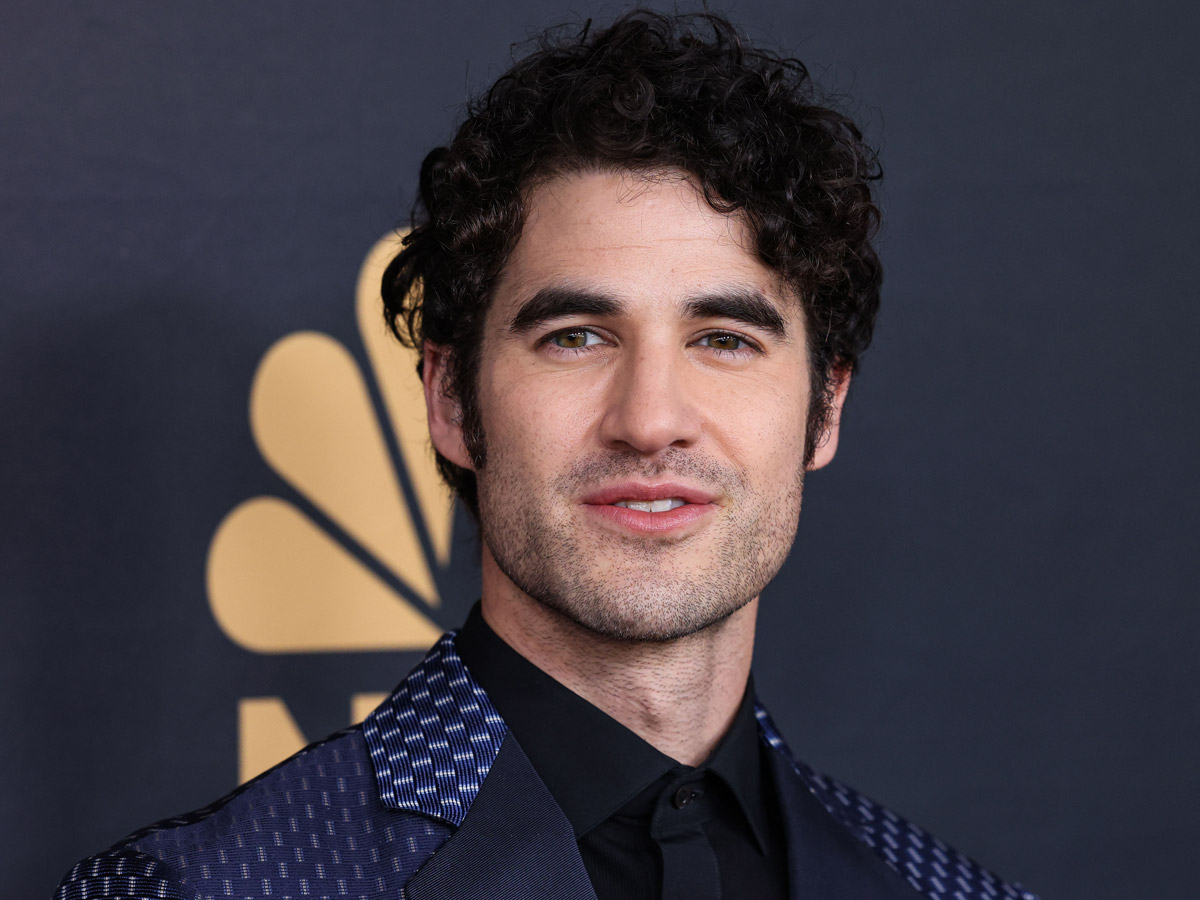
StarKid’s Darren Criss’s first big role was playing gay teenager Blaine on Glee. Darren, who identifies as straight and cisgender, has always talked about what an honor it was to play an openly LGBTQ+ character on a popular network show. He’s also spoken out about how he felt a responsibility to do right by the community, as his on-screen relationship with Chris Colfer’s Kurt was a big deal in mainstream representation. During a panel at C2E2 this past weekend, Darren was asked about what it was like to be a part of a “groundbreaking” queer relationship. He responded that it was “f–cking awesome,” declaring that despite being CisHet, he’s been “culturally queer” his entire life, thanks to his San Francisco upbringing.
“Nowadays, we just call it a relationship:” When asked at the Chicago Comic & Entertainment Expo (C2E2), what it was like portraying the groundbreaking relationship on television, Criss replied, “It was f—ing awesome…. Nowadays, we just call it a relationship on TV. But to contextualize it, a gay relationship on mainstream Fox, that’s a pretty cool thing to be a part of,” he said, adding emphasis when naming the network.
On being “culturally queer:” “I have been so culturally queer my whole life. Not because I’m trying — you know, actually, I was gonna say not because I’m trying to be cool but I’m gonna erase that, because I am trying to be cool. The things in my life that I have tried to emulate, learn from and be inspired by are 100 percent queer as f—. It was in queer communities that I’ve found people that I idolize, that I want to learn something from. And I’d say that’s a gross generalization, that’s a lot of things and a lot of people. But I grew up in San Francisco in the ’90s. I watched men die. There was an awareness of the gay experience that was not a foreign concept to me. So, it was a narrative that I cared deeply about.”
He wanted to do his best by the LGBTQ community: Criss also clarified that he didn’t feel any ownership or entitlement over the role, but instead, felt a sense of responsibility once he was cast. “[I wasn’t] like, ‘I’m the man for the job,'” he explained. “They hired me…They said, ‘You’re the guy,’ and I said, ‘Okay, I’m the guy, I will do my best. I will do my best to talk about it in the way I believe and a way that I’m passionate about.'”
Playing Blaine “meant a great deal” to him: For Criss, Glee’s legacy of portraying a relationship on television that so many people hadn’t seen before was the most meaningful part of his experience. “In many ways, I’m glad it was me because it was a thing I really liked showing,” he reflected. “It meant a great deal to me and it meant a great deal to other people. Because when people say they were affected by that show or that relationship, it’s not because of me, it’s because of that relationship on TV and the risks that people took to put that on TV.”
Kurt and Blaine “had value:” “It took the people watching it to have the aptitude for seeing beyond what was maybe given to them in other avenues of culture. People of all ages, all spectrums of awareness say, ‘I didn’t grow up with a show like that and it was a really meaningful thing for me to see,’ and I go I didn’t grow up with a show like that and that would’ve been very meaningful for me too. Regardless of the fact that I’m a straight kid. That has value. For anyone who’s been an underdog, we all know, in any shape or form — sexual, religious, biological — it has value because there’s going to be a lot of people who see that and say, ‘Okay, I can now understand this in a context that maybe I wasn’t able to before.’
Glee was “a f–cking privilege:” “It was a f-ing privilege, and I love talking about it and I’m so grateful I got to do it.”
Some more background: In addition to playing Blaine, Darren also played gay serial killer Andrew Cunanan in Ryan Murphy’s mini-series The Assassination Of Gianni Versace: American Crime Story, for which he won an Emmy. In 2018, Darren said in an interview that although playing gay characters had been “a real joy,” he’d no longer be playing them because “There are certain [queer] roles that I’ll see that are just wonderful. But I want to make sure I won’t be another straight boy taking a gay man’s role.”
I don’t think I’ve ever heard of someone using the term “culturally queer” in this context before. I was prepared to roll my eyes at it, but honestly, I understand what he sincerely means. He’s not trying to claim he has the same experiences as his queer friends and mentors. He’s saying that growing up surrounded by these friends gave him an awareness of their experiences and made him appreciate what they taught him all the more. He took that knowledge with him when he played Blaine. I think Darren is a good ally who is always trying to learn, grow, and do what’s best for the people he cares about. If anything, it’s just one more reason to remember that we are all connected as a society.
Xavier Collin / Image Press Agency / Avalon, Robin Platzer / Twin Images / Avalon, Julie Edwards / Avalon

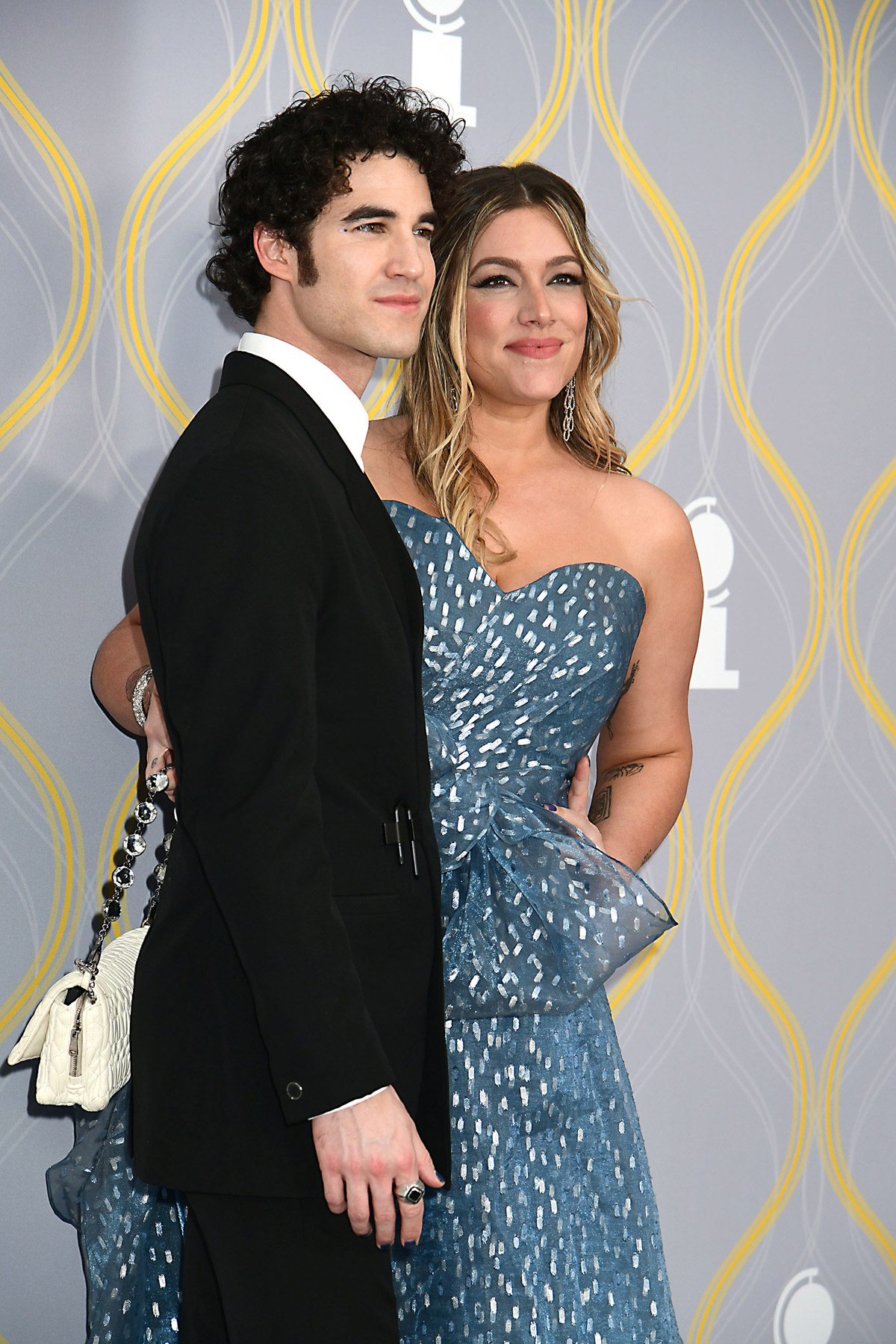
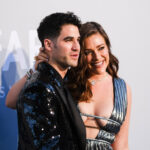
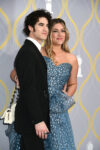
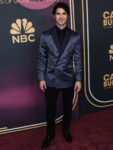
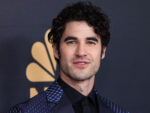










I love it. He seems like a good one.
He was brilliant in the Versace series. He had me believing he was Cunanen. Didn’t realize he identified as straight.
I mean “culturally queer” just means ally to me. But fancier.
I like his comments. I spent 20 years in the Bay Area as a young (and then middle aged) adult and I think I know what he means – there’s a queer culture that goes beyond the gay community. Pride is the Bay Area’s “national” holiday, and all the straight couples bring their kids to the parade (assless chaps and all!). The Sisters of Perpetual Indulgence (drag nuns – look them up!) are a beloved institution. There was this sense of living in the future there, creating a space where queer culture is both normal and celebrated, at a time when the rest of the world was still denying people the right to marry for love.